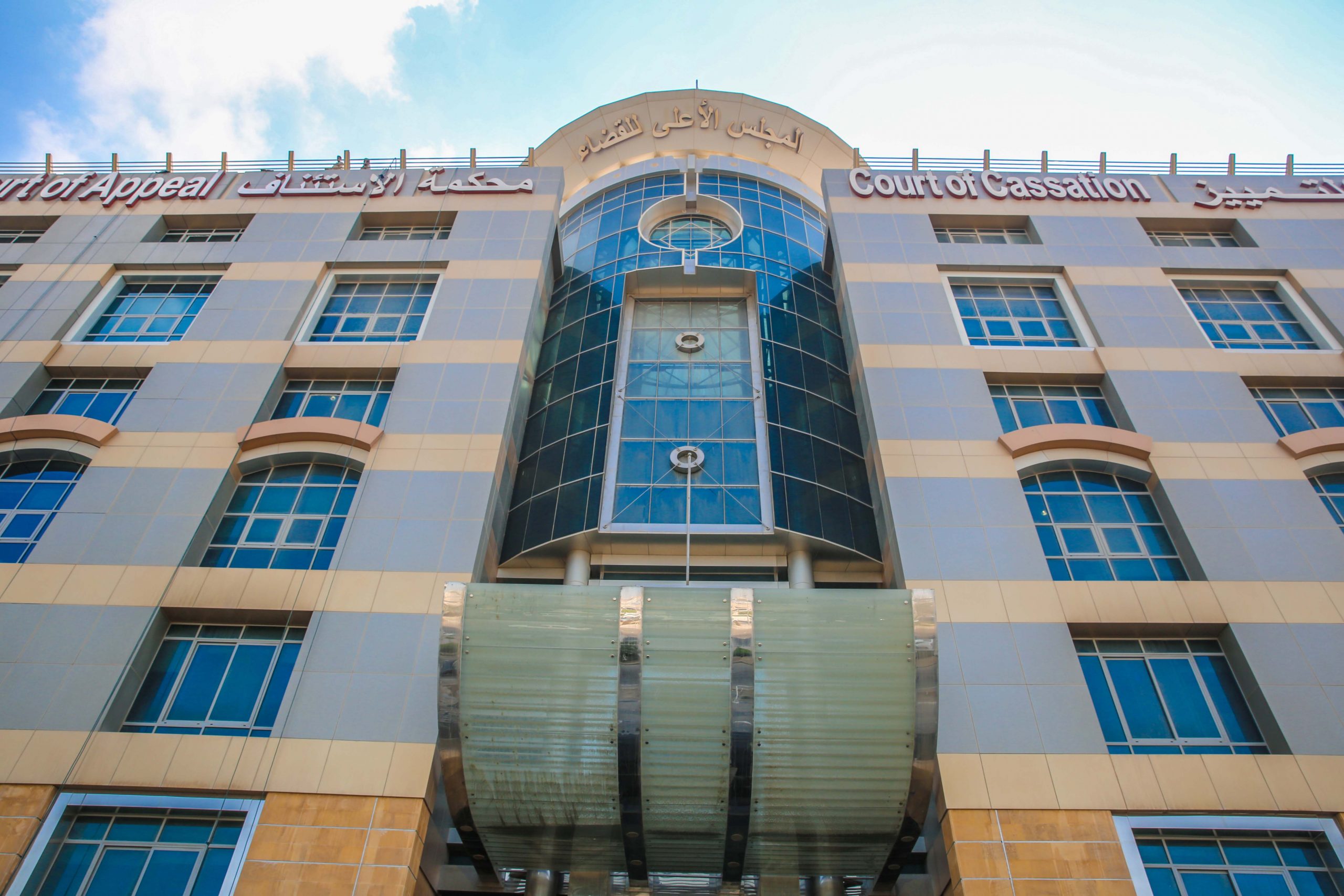
With reporting by Heba Fahmy
Updated with comment from victims’ relatives
Qatar’s Attorney General has ordered prosecutors to file an appeal of last month’s court verdict that acquitted all the defendants in the Villaggio Mall fire trial.
Dr Ali bin Fetais al Marri instructed that the Court of Appeal judgment be brought to Qatar’s highest court, the Court of Cassation, QNA reports.
The Cassation prosecutor should prepare a document that outlines the reasons for the Appeal Court verdict and present it to the Attorney General and then the Court of Cassation, the state news agency added.
The news was cautiously welcomed by some of the relatives of the victims.
“I heard the news yesterday. It was a good surprise for me, but I don’t know what to say other than Insha’allah,” Raghda Kabbani, who lost her three-year-old daughter Hana Sharabati in the fire, told Doha News.
Mouneeb Emeran lost his 15-month-old son Umar in the fire. He told Doha News that the Attorney General’s latest decision gave him “renewed confidence” in the Qatari legal system.
“We felt terrible when the court exonerated the accused and felt that our rights were thrown in the dustbin. This new appeal, spearheaded by Mr Al Marri, gives us renewed confidence in the Qatari system and hopes that justice will eventually prevail,” he said.
Some residents also expressed their views on Twitter, calling for last month’s verdict should be scrutinized:
#حريق_فيلاجيو اشكر سعادة النائب العام على هذا القرار وأعرب عن اسفي ان يصدر الحكم ببرائة المتهمين في دولة العداله pic.twitter.com/pIKoldIp8l
— عيسى المهندي (@qatari4qatarr) November 22, 2015
(Translation: I thank the attorney general for this decision and express my sorrow that an innocent verdict was issued in favor of the defendants in a country of justice.)
Appeal verdict
In a hearing on October 26, the Court of Appeal overturned the convictions against five defendants who had previously been found guilty of involuntary manslaughter by the country’s lower criminal court.
After nearly two years of appeals proceedings, presiding judge Abdalrahman al-Sharafi took an unprecedented five hours to read out his verdict, the written version of which runs to 154 pages and cleared each defendant of numerous charges.
He also threw out all the testimony given by family members of the victims during the initial criminal trial that led to a guilty verdict, arguing that one cannot be a witness and a plaintiff in the same case.

Some of the victims’ relatives stormed out of the court room in opposition to the verdict, which attracted criticism both in Qatar and internationally.
The fire in Villaggio shopping mall in May 2012 was one of the most deadly incidents in Qatar’ recent history.
The blaze started inside a sporting goods store and killed 19 people, including 13 children. All of the victims suffocated inside the Gympanzee daycare center, which was located on the upper floor of the mall.
In June 2013, just over a year after the fire, Qatar’s lower criminal court found four defendants guilty of involuntary manslaughter and sentenced them each to the maximum six years in prison.
They were:
- Sheikh Ali Bin Jassim Al Thani, co-owner of Gympanzee and Qatar’s Ambassador to Belgium;
- Iman Al-Kuwari, co-owner and manager of Gympanzee;
- Abdul Aziz Mohammed Al-Rabban, Villaggio’s chairman; and
- Tzoulios Tzouliou, Villaggio’s manager.
A municipal worker, Mansour Nasir Fazzaa al-Shahwani, was found guilty of forgery by the lower court and sentenced to five years in jail for providing a license to Gympanzee.
Though the appeal judge exonerated all the individuals, he found Al-Rabban’s firm, Qatari Company for Real Estate and Commercial Projects (Villaggio), guilty of involuntary manslaughter.
While Al-Rabban will not spend any time in jail, the verdict meant the firm and its insurance company would still have to pay blood money compensation to the victim’s family as well as a QR20,000 fine, the maximum allowable amount under this charge.
What happens now?
Under Article 288 of the 2004 law on criminal procedure, prosecution and defense attorneys have 60 days to submit an appeal request to the Court of Cassation following a judgment issued by the Court of Appeal.
According to the provisions of this article, an appeal can be lodged if lawyers believe that the Court of Appeal made an error in a point of law, was mistaken in its application or interpretation of the law, if two contradictory judgments are issued for the same crime or “if a nullity is found in the ruling or in the procedures which affected the judgment”.
A panel of judges will then consider the appeal court’s verdict, based on points of law and procedure but cannot re-hear facts. Witnesses are not usually called during the Court of Cassation hearings.
This court can uphold the appeal court’s decision or issue its own if judges consider the law was not applied in the proper way. The Court of Cassation could also order another trial at the Court of Appeal.
No timeline has been given for when these proceedings are expected to take place.
Thoughts?







